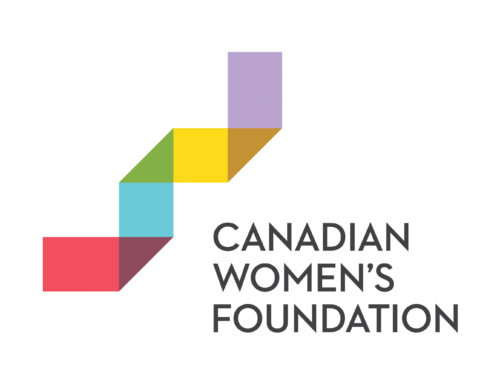
Last month, #WhatHappenedToSandraBland brought attention to the disturbing death of #BlackLivesMatter activist Sandra Bland.
Stopped for a minor traffic violation in Texas and found dead in police custody days later, Bland’s death has raised awareness and questions about state violence, institutionalized racism, the vulnerable bodies of black women, and the dangers of “driving while black”.
Though some may be tempted to say these are uniquely American problems, they are not. We too have an active #BlackLivesMatter movement, and racialized communities in Canada also face racism, disproportionate rates of poverty and high levels of violence.
#TheEmptyChair is equally sobering.
On July 26, 35 women bravely shared their stories of sexual assault and abuse by disgraced comedian Billy Cosby in New York magazine. The magazine’s cover image includes photos of all of these women, as well as an empty chair – a symbol of all the women who are unable or choose not to speak about the abuse they’ve experienced.
#TheEmptyChair confronts us with some uncomfortable realities of sexual violence – it can happen to anyone anywhere, it is widespread, it causes untold trauma, many survivors are stigmatized and silenced, and most perpetrators get away with it.
The stories behind #WhatHappenedToSandraBland and #TheEmptyChair have been devastating and infuriating – but perhaps they can lead to change.
Many women are turning to social media to raise awareness, to vent and to share their experiences of gender-based violence, discrimination and stereotyping, and are finding a global community of women – and men – who are working to address these issues.
#CorneredInOttawa is a prime example.
After self-designated “pick-up artist” Luke Howard was discovered harassing women in Ottawa – secretly recording the encounters and publishing them online – a group of women started the hashtag #CorneredInOttawa and the Twitter account @corneredinOTT to share their stories and support each other. Media interviews and articles followed, generating a much broader conversation on street harassment.
Likewise, #GrowingUpAGirl began as a joke about what it was like to grow up as a girl, then developed into a platform for women and girls to speak out about the sexist double-standards, discrimination and stereotypes they face due to their gender.
On their own, hashtags are unimportant – they live and die on Twitter every day. But the impact of those conversations, the knowledge shared, the connections forged through common experience and struggle – these have the potential to live on and bring great change to individuals and society as a whole.
Agree? Disagree? Did we miss something? Share your thoughts in the comments section or write a blog post! Submission guidelines are available here.




Leave A Comment
You must be logged in to post a comment.